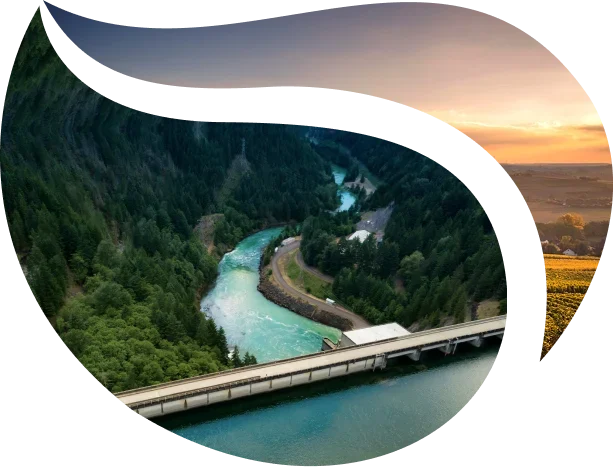with support from
NATIONAL OCEANIC AND ATMOSPHERIC ADMINISTRATION
U.S. GEOLOGICAL SURVEY
USDA FOREST SERVICE
U.S. ENVIRONMENTAL PROTECTION AGENCY
The coasts are a vital ecological and economic resource. Yet, as reported by both the Pew Oceans Commission and the U.S. Commission on Ocean Policy, the nation’s oceans and coasts are in need of serious attention. While the effects of coastal resource problems are most dramatic along the coasts, the causes can develop far inland. Building capacity to address these issues at all levels–from local communities (both coastal and inland) to federal agencies–is critical to finding and implementing solutions.
Resolving marine and coastal resource issues requires a multidisciplinary look at the causes and solutions. Therefore, RNRF convened a national Congress on Building Capacity for Coastal Solutions. The Congress brought together more than 80 scientists, managers, and professionals, from 65 organizations, to consider findings and recommendations, and to identify other high priority activities for early action. Specific goals of the congress were to consider findings and recommendations of the oceans commissions, and to identify high priority activities for early action.
